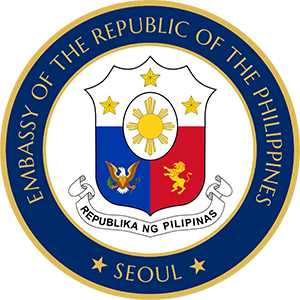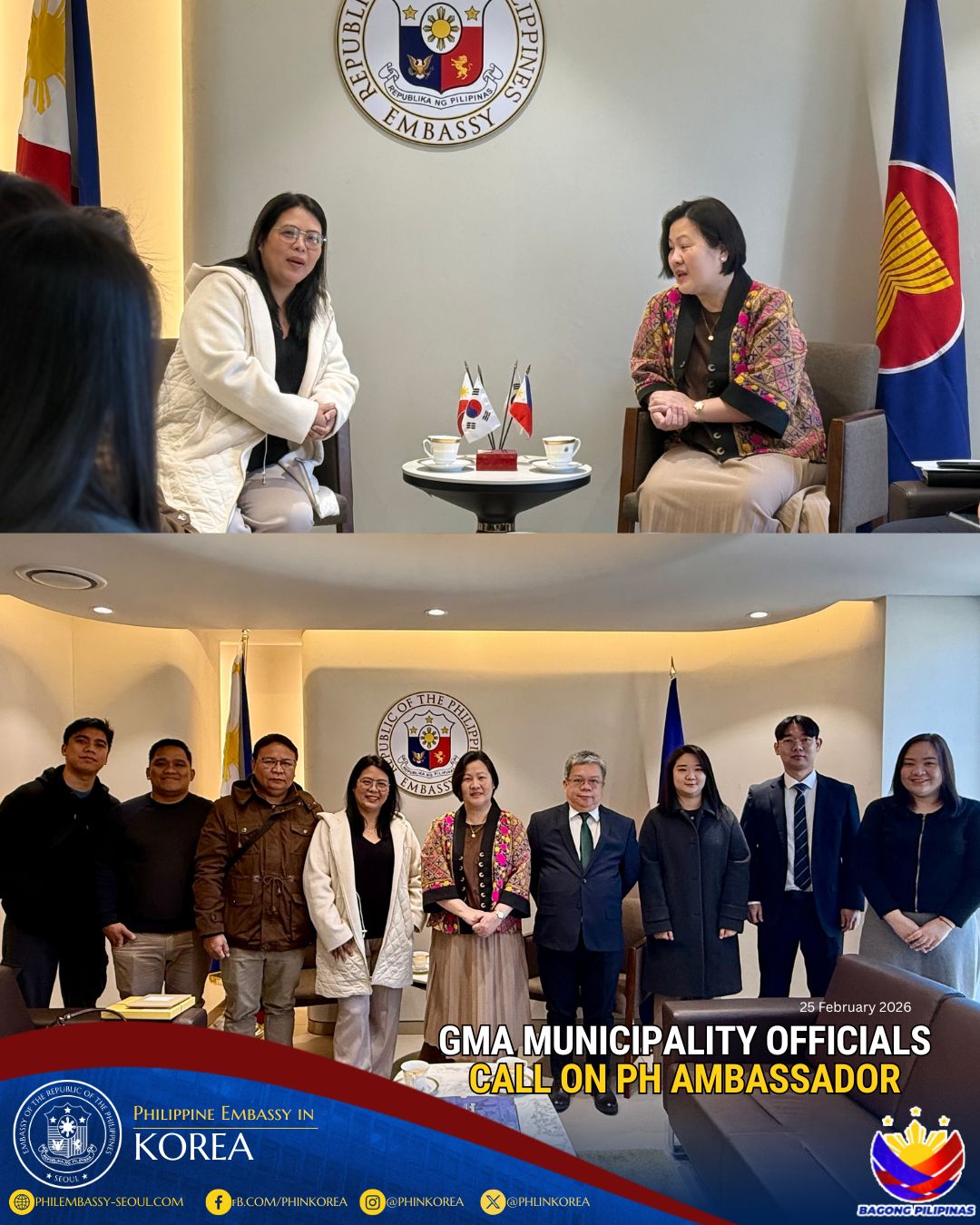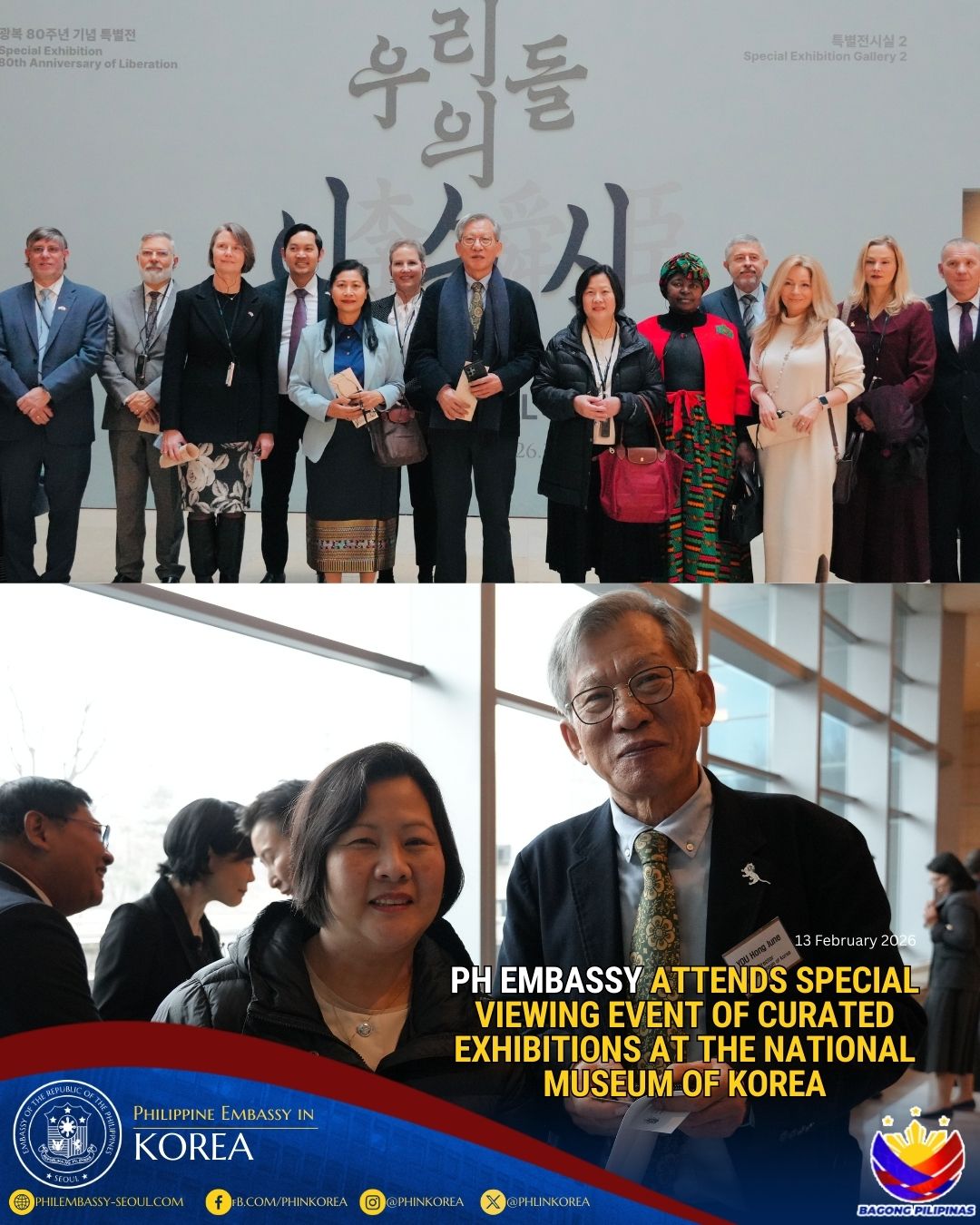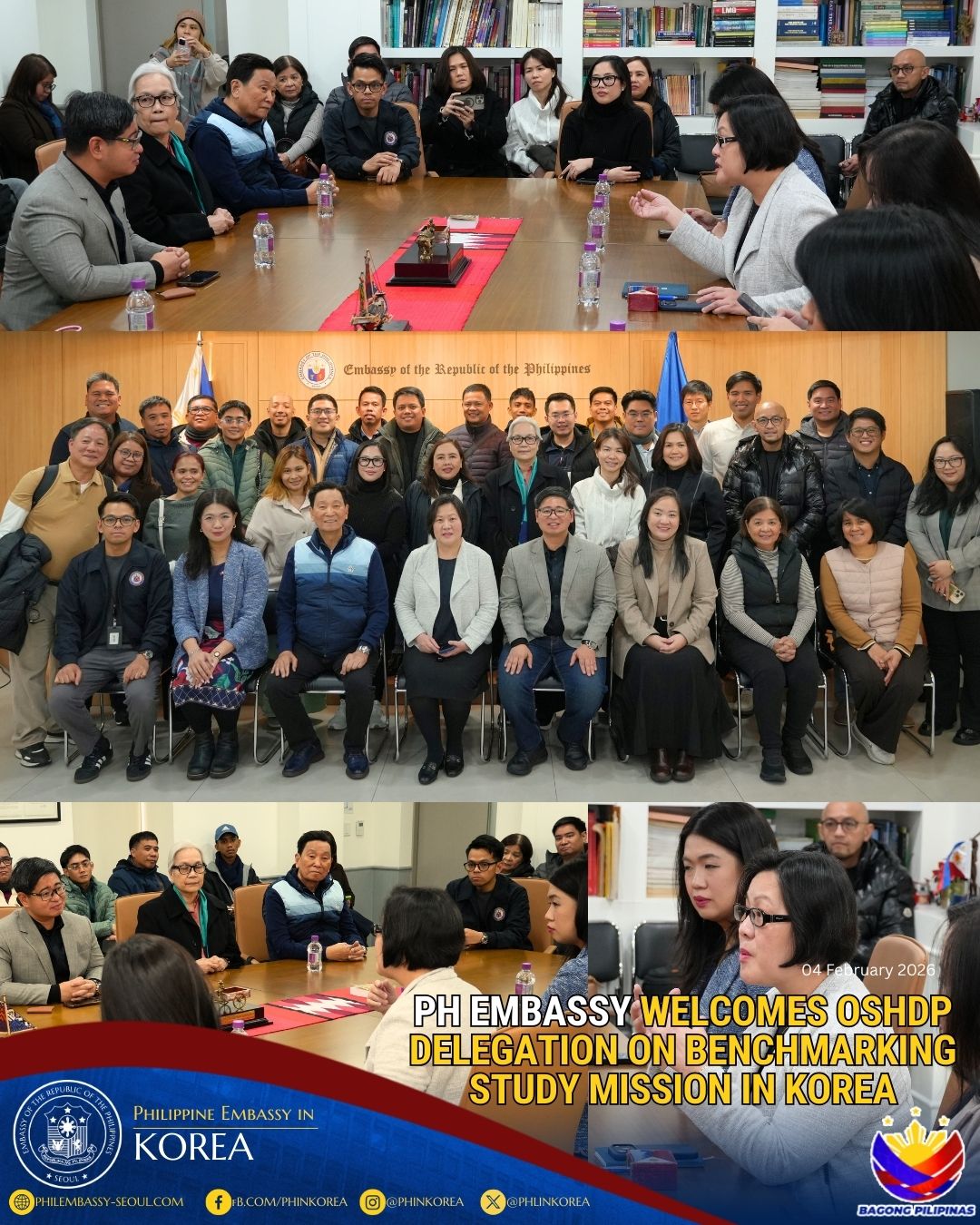Weekly summary of press releases - October 17, 2008
President Gloria Macapagal Arroyo is calling on the leaders of the Association of Southeast Asian Nations (ASEAN) to unite and "take a bold step forward" to ensure that its regional and individual member economies are protected from the crisis currently gripping world economies.
In her address to the 5th ASEAN 100 Leadership Forum in Malacañang, the President stressed the need "to focus on reining in inflation, increasing targeted investments to our poor and getting our economic engines moving in higher gear." On the part of the Philippines, the President cited the "tough" economic reforms implemented by her administration, which placed the country in a better position to cope with the global economic crisis. "Without them, we would not be as confident as we are that our economy will withstand these external shocks," she said. The President pointed out that by creating a stronger economy, the Philippines will be in a better position to contribute to the development of the ASEAN region. Earlier, the President proposed a meeting of the ASEAN Plus Three (formed by leaders of the ASEAN and China, Japan and the Republic of Korea) on the sidelines of the 7th Asia-Europe Meeting in Beijing, in order to discuss ways to cushion the impact of the crisis. The President also called on the G-7 or developed countries to include emerging economies like the Philippines in their "grand plan" to ease the global crunch amid the United States financial meltdown. To help ease the impact of a possible US recession on ordinary Filipinos, the President has bared contingency plans that include strategies to pump-prime growth, upgrade infrastructure, protect labor and expand social services. According to the Department of Budget and Management, the proposed 2009 national budget submitted to Congress also addresses the crisis by investing heavily on social services and infrastructure. Meanwhile, the International Monetary Fund said emerging economies like the Philippines are now more capable of facing the global crisis because of improved fundamentals. An associate director of Standard & Poor's, credit analyst Agost Bernard, also described the Philippines as an "island of calm" in the midst of the crisis, because "it made the necessary adjustments and reforms when times were still good." On the other hand, officials of the Department of Labor and Employment and the Philippine Overseas Employment Administration assures, amid fears of massive layoffs of overseas Filipino workers (OFWs), that there are still many employment opportunities awaiting OFWs, especially in the Middle East, Canada, Australia, New Zealand, Norway and France. The passage of the Japan-Philippines Economic Partnership Agreement (JPEPA) also opens up more employment opportunities for Filipinos. With the prospect of a US recession, the JPEPA is expected to bolster the Philippines' aim to diversify its markets and lessen dependence on the US. Besides improving access for Philippine exports to the Japanese market, it is also expected to spur Japanese investments in the Philippines. The Board of Investments foresees investments from Japan to grow to P559 billion by 2016.


 February 27, 2026
February 27, 2026
 February 27, 2026
February 27, 2026
 February 15, 2026
February 15, 2026
